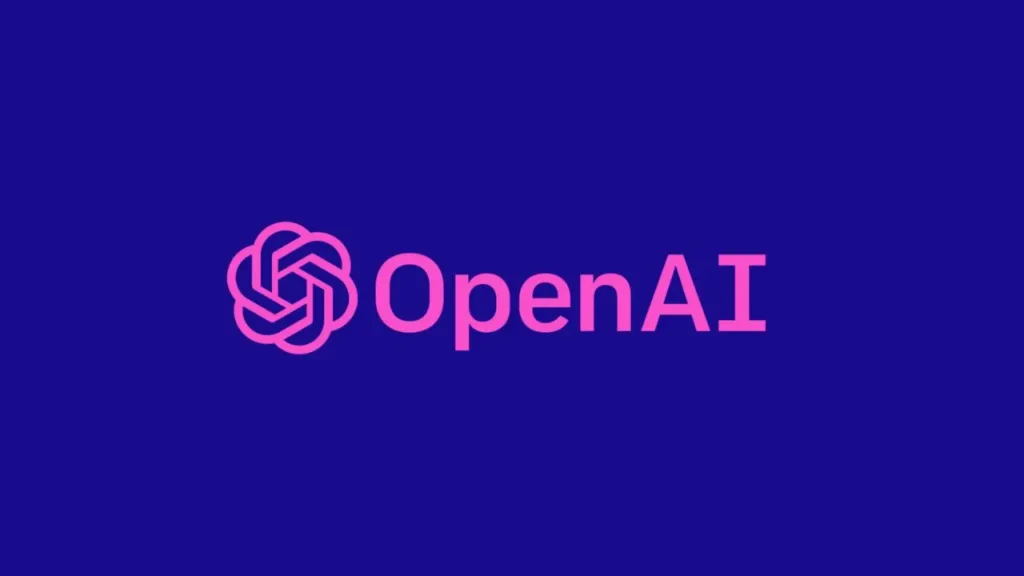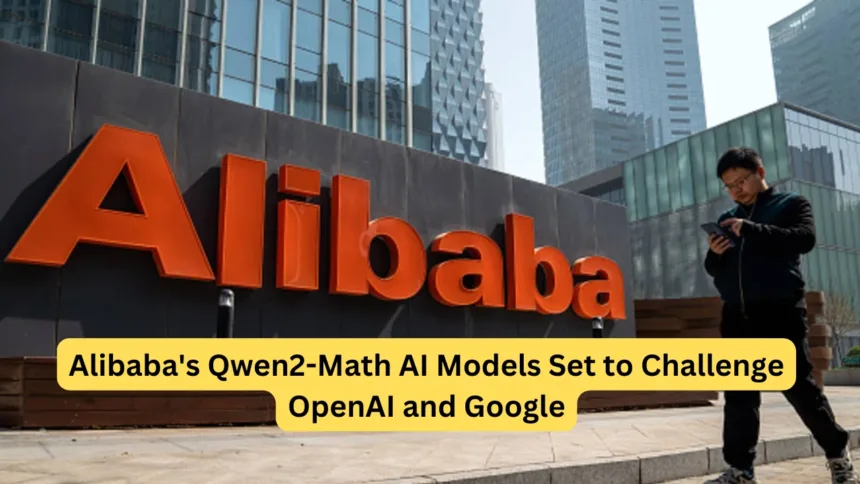Alibaba Group Holding has made a significant stride in artificial intelligence (AI) by introducing a series of maths-specific large language models (LLMs) named Qwen2-Math. According to the e-commerce giant, these models have the potential to surpass the performance of OpenAI’s GPT-4o in mathematical problem-solving.
Pioneering AI in Mathematical Reasoning
Over the past year, Alibaba has invested considerable resources into advancing the reasoning abilities of large language models, mainly focusing on their capacity to tackle arithmetic and complex mathematical challenges. This commitment was highlighted in a recent post by the Qwen team, part of Alibaba’s cloud computing division, on the developer platform GitHub. Alibaba’s South China Morning Post ownership underscores its deep involvement in media and technology.
The Evolution of Qwen2-Math Models
The newly launched Qwen2-Math models build on the foundation of the Qwen2 LLMs, which were initially released in June. These models come in three different versions, each differentiated by the scale of parameters—a crucial element in machine learning that influences how AI systems process data to generate desired outputs.
Leading the Field in Mathematical Benchmarks
Among the models, the Qwen2-Math-72B-Instruct has the highest parameter count and has demonstrated superior performance in mathematics benchmarks compared to US-developed LLMs. These benchmarks include renowned models such as GPT-4o, Anthropic’s Claude 3.5 Sonnet, Google’s Gemini 1.5 Pro, and Meta’s Llama-3.1-405B. The Qwen team expressed their hope that the Qwen2-Math models will significantly contribute to the community in solving intricate mathematical problems.

Rigorous Testing Across Diverse Mathematical Challenges
The Qwen2-Math models were rigorously tested on both English and Chinese maths benchmarks. These tests included GSM8K, a dataset comprising 8,500 high-quality, linguistically diverse grade school maths problems; OlympiadBench, a high-level bilingual multimodal scientific benchmark; and the gaokao, China’s notoriously challenging university entrance examination.
Future Enhancements and Multilingual Support
Despite the impressive capabilities of the Qwen2-Math models, the team acknowledged some limitations, particularly regarding “English-only support.” However, they have plans to release bilingual models soon, with multilingual LLMs also in development, broadening the accessibility and application of these AI tools.
Strengthening Alibaba’s AI Credentials
The introduction of the maths-specific models further enhances Alibaba’s reputation in the AI arena. The Qwen-72B-Instruct LLM, part of the same family, recently achieved a top-10 position in global open-source model rankings. Tongyi Qianwen, another model from Alibaba’s cloud computing unit, has been available to third-party developers for over a year, reflecting Alibaba’s commitment to open-source development. This open-source approach allows developers to access the program’s source code, enabling them to modify, share, or scale its capabilities.
Narrowing the Gap Between Chinese and US AI Models
In July, the Qwen2-72B-Instruct model ranked just behind GPT-4o and Claude 3.5 Sonnet in SuperClue’s LLM rankings, a benchmarking platform that evaluates AI models based on various metrics, including calculations, logical reasoning, coding, and text comprehension. According to SuperClue, the gap between Chinese and US AI models is closing, with significant progress made by Chinese developers in the first half of the year.
Furthermore, a separate evaluation conducted by LMSYS, an AI model research organization supported by the University of California, Berkeley, placed Qwen2-72B at the 20th position in July, while proprietary models from OpenAI, Anthropic, and Google dominated the top 10 slots.
Conclusion
Alibaba’s Qwen2-Math models represent a formidable advancement in AI, particularly in mathematical reasoning. As these models continue to evolve and expand their linguistic capabilities, they are poised to impact China significantly and on the global stage, challenging the dominance of established US-based AI models. With ongoing developments and a strong commitment to open-source collaboration, Alibaba is positioning itself as a leading player in the rapidly evolving AI landscape.
1. What are mathematical models in artificial intelligence?
Mathematical models in artificial intelligence are structured frameworks that use mathematical equations and algorithms to simulate and solve complex problems. These models are essential in enabling AI systems to perform tasks such as pattern recognition, decision-making, and problem-solving in various domains, including finance, healthcare, and robotics.
2. What is AI in math?
AI in math refers to the application of artificial intelligence techniques to solve mathematical problems. This includes using AI models to automate calculations, solve equations, and analyze large datasets, thereby enhancing the efficiency and accuracy of mathematical problem-solving.
3. What are the different levels of models in artificial intelligence?
The levels of models in artificial intelligence can be categorized based on their complexity and functionality. These include basic models, which handle simple tasks, intermediate models that manage more complex data, and advanced models like large language models (LLMs) that are capable of understanding and generating human-like text, solving complex problems, and learning from vast amounts of data.
4. How are AI math models advancing technology?
AI math models are pushing the boundaries of technology by enabling machines to perform complex mathematical reasoning that was once exclusive to humans. These models, such as Alibaba’s Qwen2-Math, are designed to excel in specific areas like arithmetic and higher-level mathematics, setting new benchmarks and improving the accuracy and speed of problem-solving in various fields.
5. How do AI math models compare to traditional mathematical approaches?
AI math models offer a significant advantage over traditional mathematical approaches by automating and optimizing complex calculations, reducing the margin for error, and allowing for the processing of large volumes of data. These models are particularly useful in scenarios where traditional methods may be too time-consuming or impractical.









